"Operating system for urban mobility" wins Audi Urban Future award
News: a team from Mexico City has won this year's Audi Urban Future award with a scheme that collects location data from commuters to identify problems in the city's congested road network (+ slideshow).
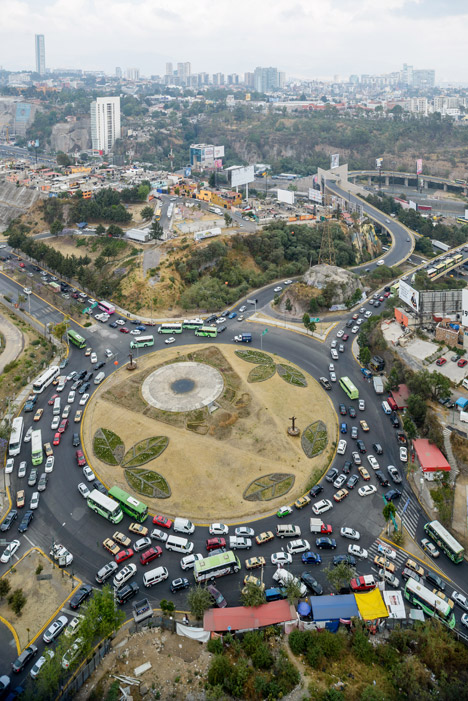
The interdisciplinary team, headed by architect and city planner Jose Castillo, proposed an "operating system for urban mobility" to relieve the Mexican capital of its problems with traffic – beating groups from Berlin, Seoul and Boston to win the €100,000 (£80,000) prize awarded by German car brand Audi.
An estimated four million vehicles use Mexico City's road network, with the worst affected areas around the Santa Fe business district – where commuters face journeys of up to three hours to reach their workplaces.
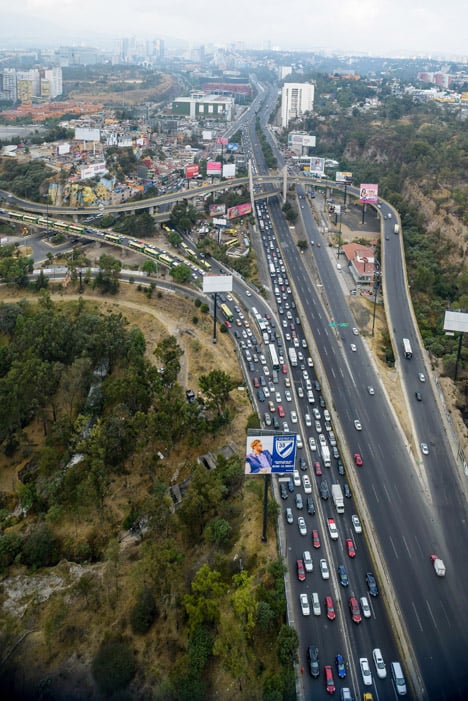
According to the 2011 IBM Commuter Pain Index, Mexico City is the "most painful commuter city in the world".
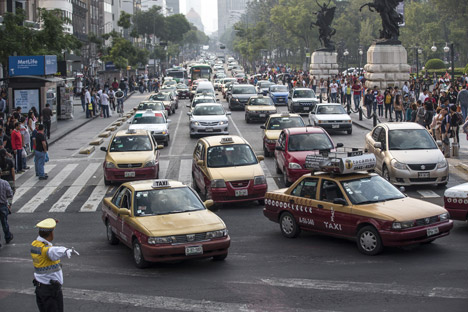
"Our city needs an operating system to help people make informed decisions about their mobility choices and to support public officials and policy makers in finding long-term solutions for the megacity," said Castillo, who is also a professor at Harvard University. "Our proposal works in real time and is extremely low-cost."
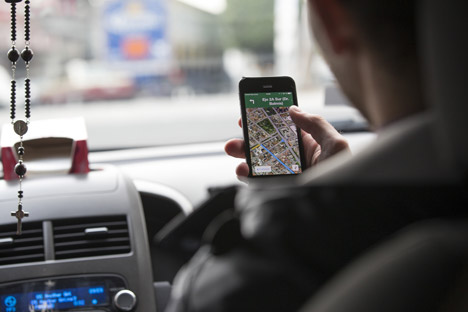
The Mexico City team – which also includes data analyist Carlos Gershenson and the head of the city's Laboratory for the City, a creative think tank, Gabriella Gomez-Mont – came up with a project that relies on the collection of real-time traffic data from commuters, which they can use to assess congestion.
Drivers are asked to anonymously donate data about their location and movement using mobile devices, allowing other road users to identify weak points in the traffic network so they can avoid those spots, depart later or choose an alternative mode of transport.
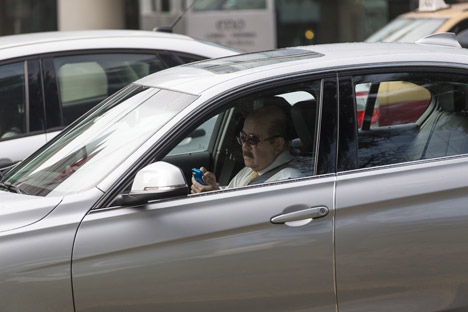
The data is shared via a website and an app, which citizens and corporations voluntarily sign up to as a portal for automatically tracking or manually logging their movements.
Information collected is gradually built up to create an overview of the traffic problems, which will inform future urban and transportation planning.
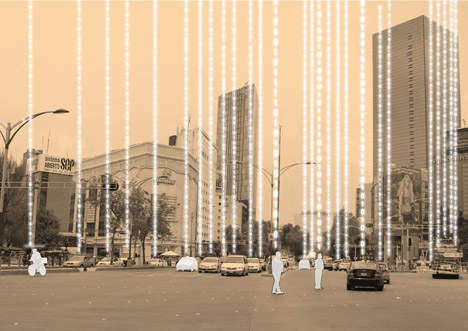
Location-tracking apps such as Twitter and Foursquare are also used to gauge consenting user's mobility patterns over periods of time.
"We collected geo-located tweets, which gives an insight of where people who have been in Santa Fe also spend their time," said Gershenson.
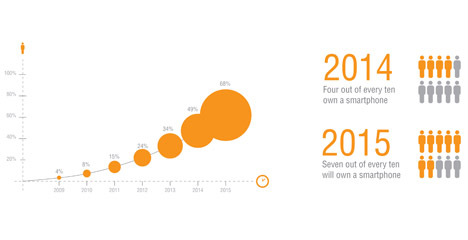
The team has already collected over 14,000 sets of data, with companies including Audi, Apple, Microsoft, Uber, Yaxi and HP encouraging their employees to take part.
"The team from Mexico City has succeeded in collecting reliable data in a user-friendly way," said Annegret Maier, head of Data Intelligence at Audi. "On the basis of these data, in future we can develop tailor-made mobility services."
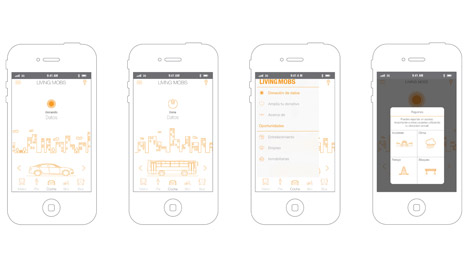
The collected data could help companies and independent initiatives to derive solutions such as fleet management and car-sharing schemes.
Although individuals are often wary of sharing their location data, the team believes that commuters will be willing to participate if it helps them avoid delays.
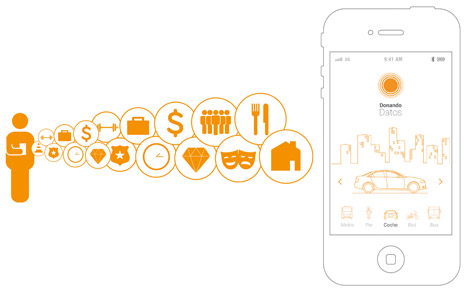
"In Mexico we see that people make sensitive mobility data available to the whole community if their individual benefit (less congestion, more leisure time) is greater than their concerns about protecting data," said the team. "The problem of permanent gridlock acts as a brake on a whole society."
Audi hopes that this information will inform the development of technologies such as its car-to-x system, which connects vehicles to the city's traffic control system and tells drivers what speed to move at to pass through the next set of green lights.
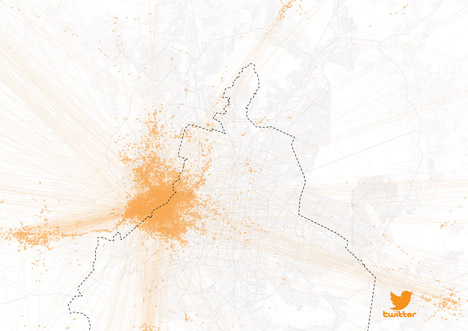
The Mexico City team believes the system of "data donors" could be used in other congested urban areas. Their project was announced as the Audi Urban Future winner at a ceremony in Berlin earlier this month, chosen by a nine-strong international jury.
"Ultimately we decided in favour of Mexico City because the project is already being implemented, and it provides concrete and above all affordable solutions for the urgent mobility problems in the mega-cities of threshold countries," said jury chair John Urry, director of the Centre for Mobilities Research at Lancaster University.
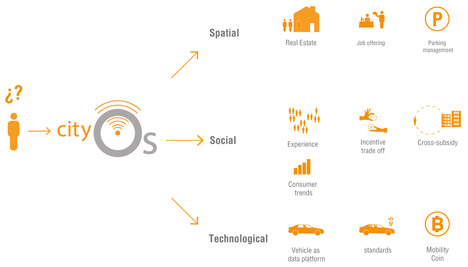
Audi recently teamed up with design firm Kram/Weisshaar to develop a "micro-sharing initiative" to encourage drivers in Stockholm to share their cars.